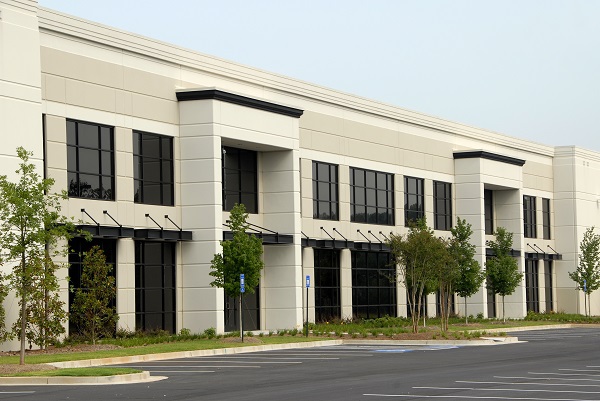
Whether you own a residential or commercial property, renting it out and taking on the role of a landlord can be challenging throughout the years. In many cases, tenants are a breeze to work with and they may remain in place for years and even decades. In worse scenarios though, you may have to worry about lack of payment (that causes you financial duress in paying your own mortgage and other bills), property damage that could be extremely expensive to reverse, along with other distressing breaches in contract. Although a lease is not foolproof by any means, it is meant to be a safeguard for all parties involved.
Before you go forward with creating a lease and signing on a new tenant for a commercial building, consult with a skilled real estate attorney like Shane Coons who also has extensive experience in representing business clients. Not only will an attorney be able to help you create a lease centered around everyone’s needs, but they can also help you negotiate the terms—and this can get more complicated than you may think at first—depending on what type of business owner wants to rent your space.
In creating a solid lease, here are the some of the most important details to consider:
- Rental price and whether you want to build in rental increases over time. This is even more important if the lease is set up for a long period of time; for instance, some franchises may want a lease for as long as twenty years or more. Clarify how security deposits, late fees, and other financial issues are to be handled.
- The potential tenant’s credit history and ability to pay rent. It is one thing to dream big with a great business idea, but often another to put such optimism and enthusiasm into reality and keep it going for the long-term. While there are certainly no guarantees in business, it helps to make sure the potential commercial tenant has sufficient funds to get started, a good financial history behind them, and a solid business model. Their ability to fit in with other businesses in the adjacent area or neighborhood should be evaluated also, with priority placed on making sure they do not have too much direct competition.
- The amount of retrofitting/remodeling that may involved to get the business up and running. If you are planning on renting your space to a restaurant, there may be substantial construction required before the tenant can open their doors. You may want to include a clause regarding any future renovations or changes to the property, stating that you must give approval first.
- How repairs are to be made and paid for, as well as routine maintenance issues. In most cases, the tenant is expected to notify the landlord as soon as repairs need to be made, and the landlord is responsible for doing so. A clause regarding your rights to enter the premises (with notice) should be included also so you can keep an eye on your property as needed.
With a solid lease behind you, at least you have the security of knowing that all important aspects were spelled out and signed off on originally. Hopefully your tenant will stick to the lease, but if they do not, you have a contract that can be enforced in a court of law.
Do you need help creating or negotiating a commercial or residential lease? Call Shane Coons now at 949-333-0900 or email us at Shane.Coons@seclawoffices.com. We can review your needs for creating a contract, answer your questions, and help you decide how to move forward. We are here to help!
